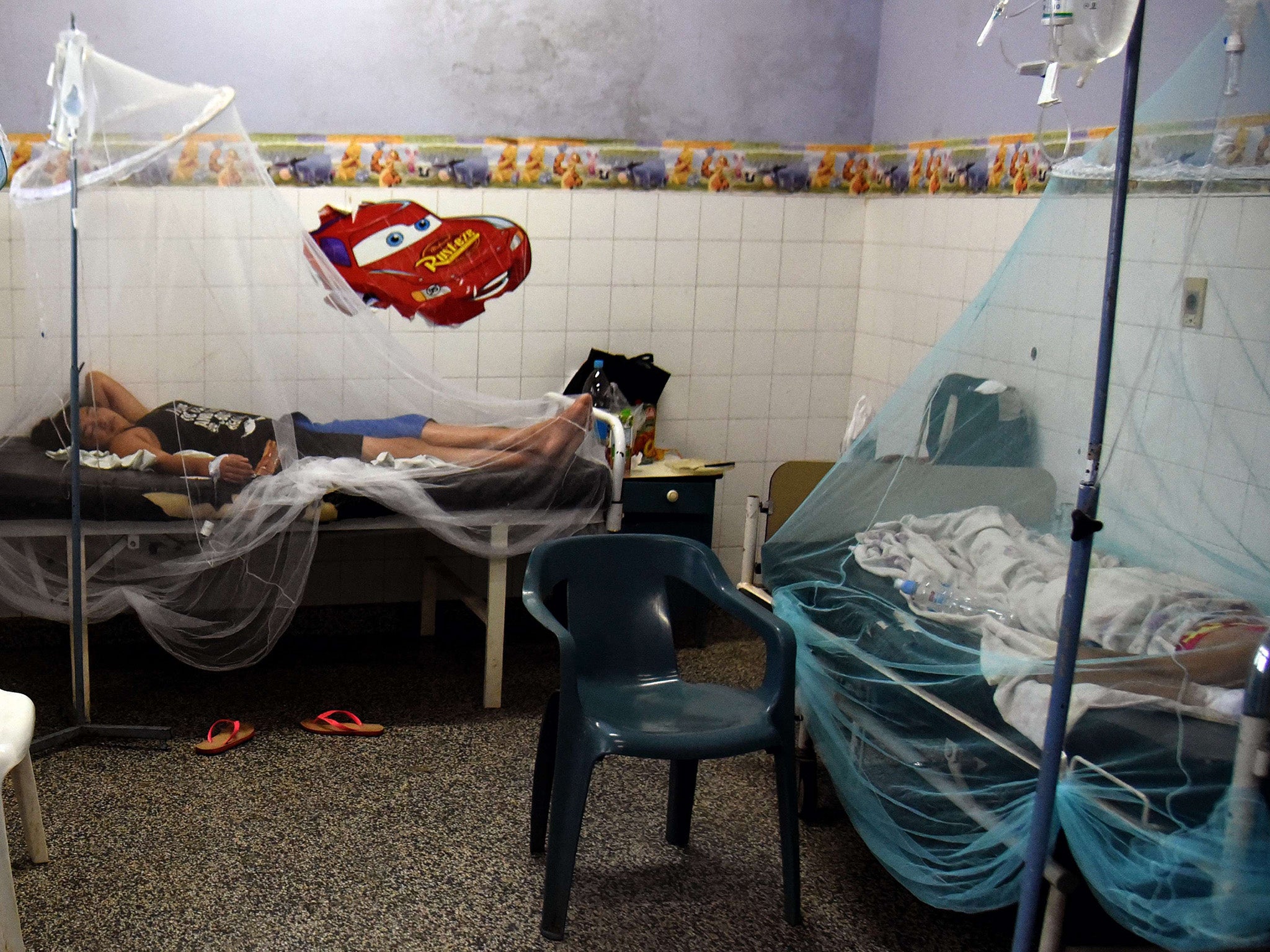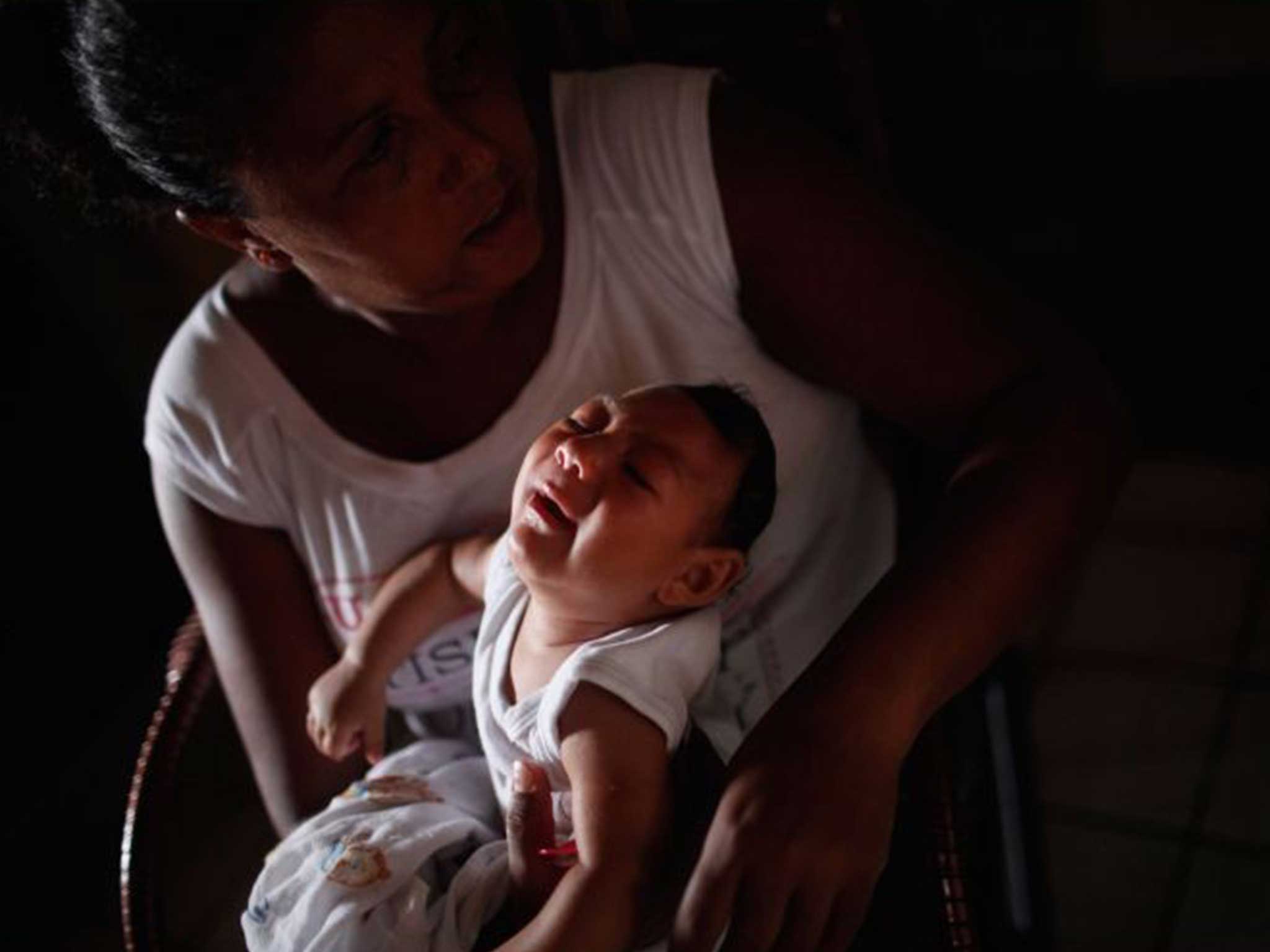Zika virus sees blood ban on donors returning to UK from Latin America
The NHS says people who travel to the affected region will not be allowed to donate blood for 28 days

Your support helps us to tell the story
From reproductive rights to climate change to Big Tech, The Independent is on the ground when the story is developing. Whether it's investigating the financials of Elon Musk's pro-Trump PAC or producing our latest documentary, 'The A Word', which shines a light on the American women fighting for reproductive rights, we know how important it is to parse out the facts from the messaging.
At such a critical moment in US history, we need reporters on the ground. Your donation allows us to keep sending journalists to speak to both sides of the story.
The Independent is trusted by Americans across the entire political spectrum. And unlike many other quality news outlets, we choose not to lock Americans out of our reporting and analysis with paywalls. We believe quality journalism should be available to everyone, paid for by those who can afford it.
Your support makes all the difference.The NHS has banned anyone returning from the Zika virus-affected region of Latin America from giving blood in the month after their return.
The move comes after the World Health Organisation declared the Zika outbreak's effects, which are believed to include a number of birth and neurological defects, a global health emergency.
Health officials said anyone returning to England, Scotland and Wales from the countries in South and Central America affected by the outbreak would not be allowed to donate blood for 28 days.
A spokeswoman for the NHS Blood and Transplant department said the safety of the supply was "paramount".

"It is important we implement any precautionary blood safety measures agreed here as a result of an increasing prevalence of infectious diseases found around the globe," she said.
"From 4 February, we will have a 28-day blood donation deferral for people looking to donate blood who have travelled to countries where the Zika virus is endemic.
"Travel to most of these countries already brings a blood donation deferral of at least 28 days. A 28 day deferral for travel to areas with a tropical virus risk and a six month deferral for travel to malarial areas exists. As a result we do not expect the introduction of a Zika donation deferral to significantly impact upon the number of people who can donate following travel abroad."
Join our commenting forum
Join thought-provoking conversations, follow other Independent readers and see their replies
Comments